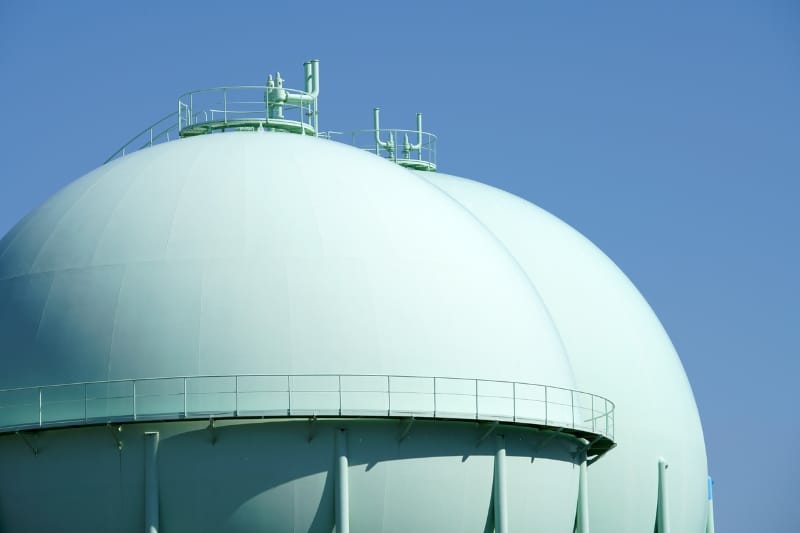The Thai government has started granting licenses to private sector entities as it liberalizes its gas market and aims to position the country as a regional liquified natural gas (LNG) trading hub. This follows the grant of a license to state-owned utility, the Electricity Generating Authority of Thailand (EGAT), thereby breaking the monopoly of state-controlled oil and gas group, PTT. EGAT imported its first LNG cargo from Malaysia’s Petronas in December 2019. With local gas production declining, LNG imports are expected to play a key role in the country’s energy sector. Currently, Thailand consumes around 55 billion cubic meters (cbm) of gas, with 40 bcm produced domestically. LNG imports are expected to rise to 20 million tons per annum (mtpa) by 2025 and 34 mtpa by 2036.
- Thai independent energy producer Gulf Energy became the second company to receive a license to import LNG into Thailand. The company has been awarded a permit from the country’s Energy Regulatory Commission (ERC) to import 300,000 tons per year of LNG. Hin Kong Power – in which Gulf holds a 49% stake alongside Thai power producer Ratch Group – was also granted a license to import 1.4 million tons of LNG per year. Gulf Energy plans to use this license to supply 19 small power projects within its group to produce electricity and steam for industrial customers. Meanwhile, the LNG imported by Hin Kong will be used as feedstock for electricity production at the upcoming 1,400MW Hin Kong power project in the central province of Ratchaburi. The project is expected to begin commercial operations in 2024-25.
- B. Grimm LNG, a wholly owned subsidiary of Thai conglomerate B. Grimm Power, also secured a license to import 650,000 tons of liquefied natural gas (LNG) annually to supply LNG to five gas-fired power plants in the Eastern Economic Corridor. The plants have a combined capacity of 700 megawatts (MW), with 150 MW to feed the state grid and 550 MW to be sold to industries. There are also plans for sales to LNG businesses in Vietnam. In November 2019, B.Grimm and Vietnamese government-owned oil and gas company, Petrovietnam, signed a memorandum of understanding for joint development of LNG projects and LNG-powered plants with a combined capacity of 3,000 MW in Vietnam.
The ERC is working with PTT, which operates the country’s only LNG terminal at Map Ta Phut, to create an LNG trading hub. Several countries in the region – the Philippines, Myanmar, Vietnam, Bangladesh, India and possibly Cambodia – plan to establish regasification facilities over the next few years. To benefit from these opportunities, PTT established an LNG trading desk in Singapore in February 2019. The Thai government plans to introduce regulations on LNG imports and re-exports to support PTT, as well as private companies such as Gulf Energy, to become regional traders of LNG.
(Sources: Energy Voice; Bangkok Post; LLoyd’s List)
